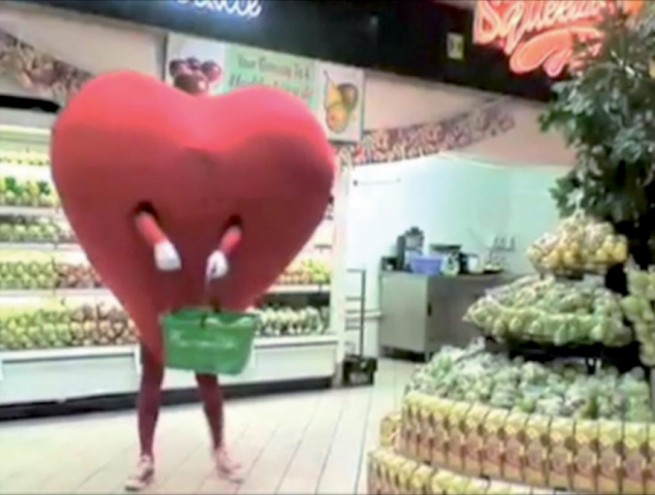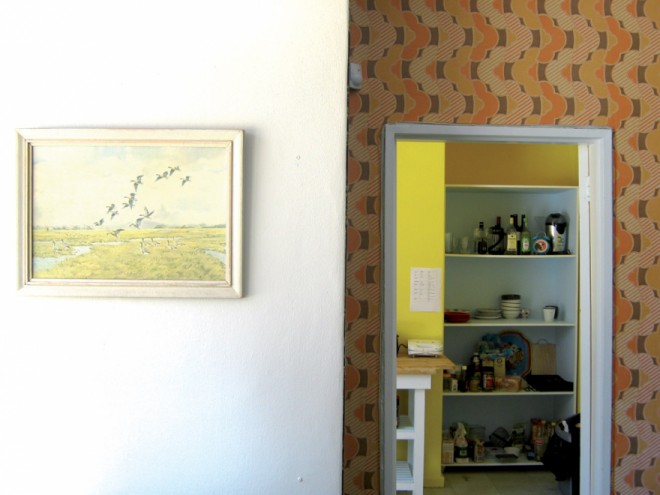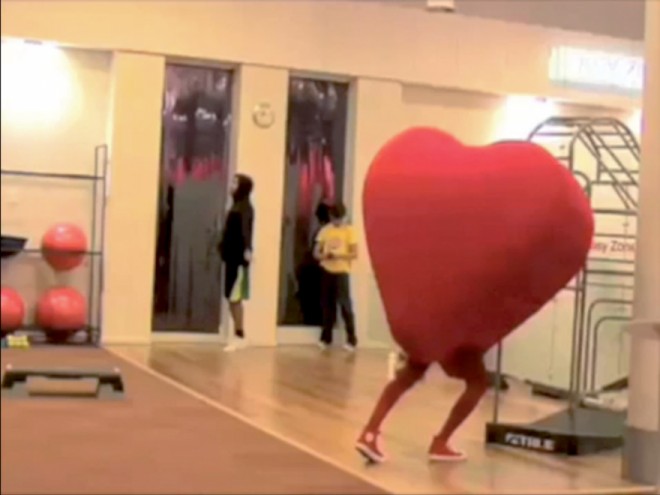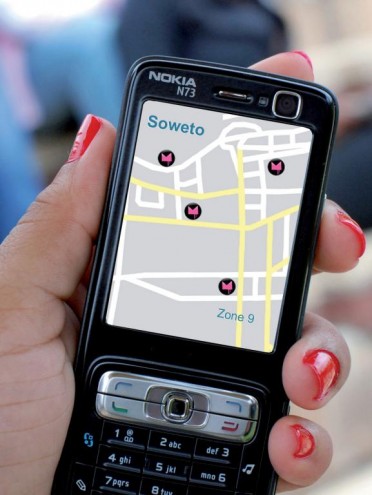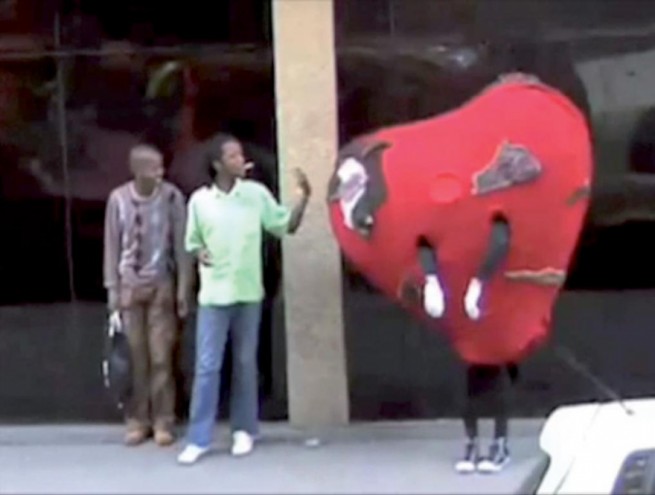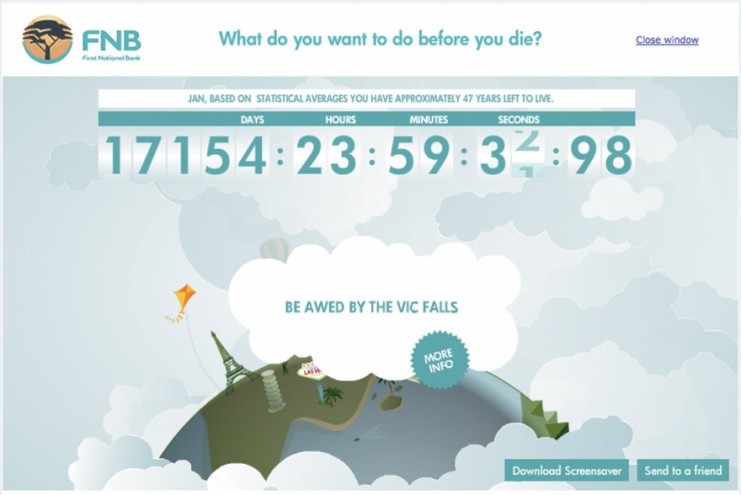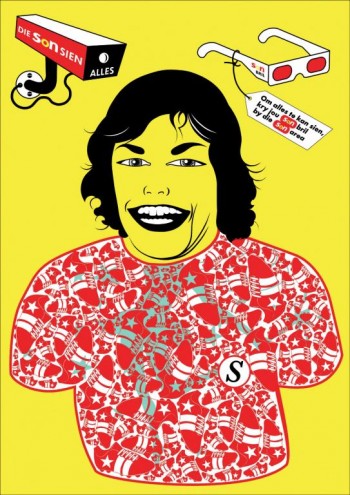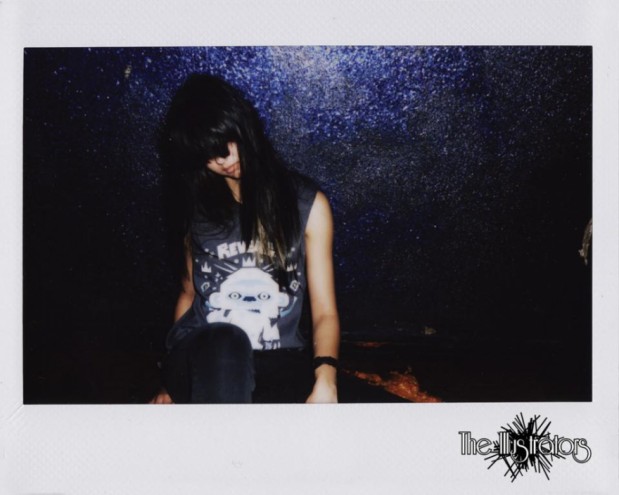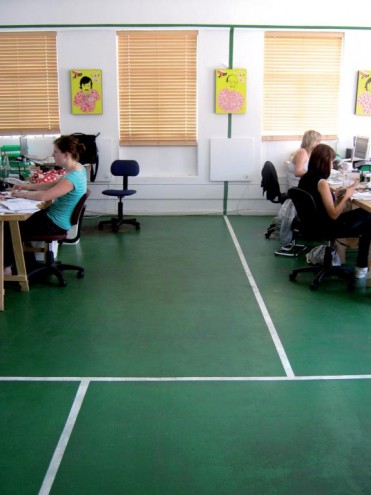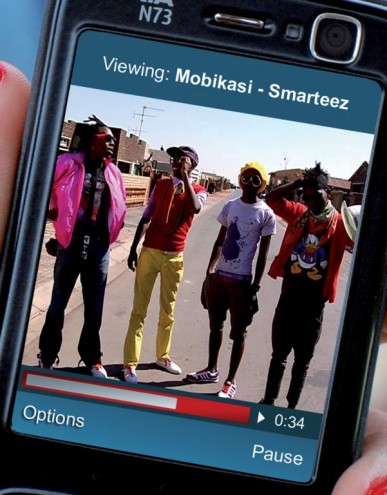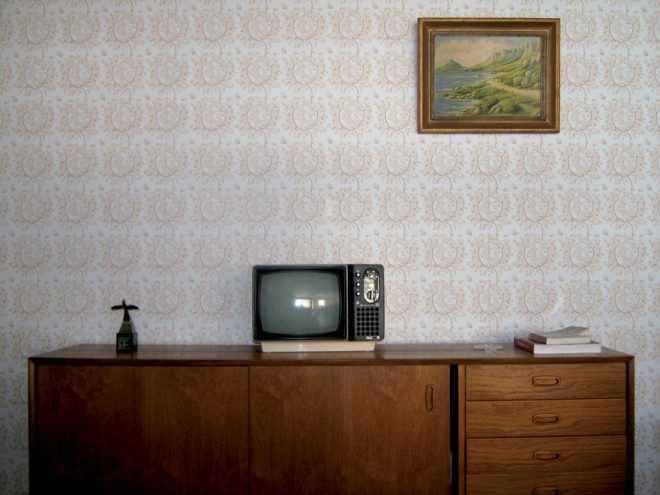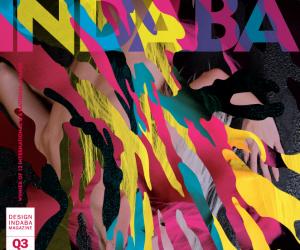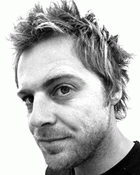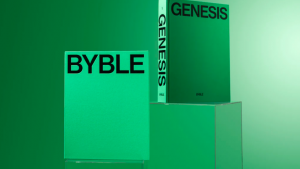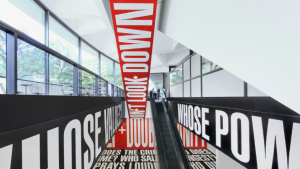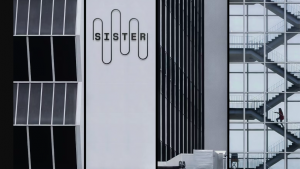First Published in
“Money printers: We’re not cheap,” reads Cow Africa’s front door – a play on their motto, “Cow: We’re not sheep.” With a tennis court as office floor, Astroturf deck, authentic Seventies wallpaper, second-hand pictures of bowling teams, agricultural show trophies and a mahogany honours roll with gold lettering, it’s not immediately obvious what Cow Africa does.
Releasing a fresh breath of hot air into local marketing, Cow Africa specialises in “non-traditional” channels of marketing including stunts, ambient, guerrilla, mobile, interactive and online (in fact, they were one of the first local agencies to develop a Facebook application for a brand). Founded by Donald Swanepoel in 2006 as an offshoot of Cow in the UK, Swanepoel brings five years of international experience to South Africa.
“A lot of people probably thought that the industry wasn’t ready for a non-traditional agency, or whatever you want to call it. But this stuff has been happening overseas for quite a long time already and big corporates like Vodacom and Unilever have contact with overseas marketing teams. They know that they need to be doing something in this space,” says Swanepoel.
While Cow Africa first gained acclaim for a poster series for Die Son, limited marketing budgets have increasingly turned clients to online and mobile solutions because of the accountability, user opt-ins and clear returns on investment. Like their Gadget Genie online recruitment campaign for MWEB, Cow Africa’s motto is to keep it fun so that people instinctually spread the word.
That’s not always easy – how do you make life insurance fun? For their FNB Life Clock, Cow Africa sought out “free-range cow” Andries Odendaal to develop an interactive site that shows one’s life ticking down second by second. “What do you want to do before you die?” asks the clock. Floating through dreamy clouds are propositions of things people typically want to do before they die – skydiving, swimming with dolphins, going to Paris, etc. This particular life insurance product offers a payout when clients reach a certain age, allowing users to make these life dreams come true.
Some of Cow Africa’s most widely seen work is their online video work for the Axe Get A Girlfriend campaign (which got two million views in the first two weeks), the Nando’s Peri Police (footage of candid camera stunts), and the Flora Heart Workout, which have all reached “viral” proportions. Swanepoel gets a bit fidgety about the phrase “creating a viral” – “You can’t create a viral, you can only make something and hope it goes viral,” he stipulates.
As such, there isn’t a viral aesthetic per se. Whether keeping production in-house or outsourcing to a professional production company, depends on whether you want users to think that the material is user-generated or made by the client. However this has no import on the amount of viewers – as he points out, it’s likely a highly produced pop music video sitting at number one on Youtube.
“The virtual space is a space just like the physical space – and I’m not saying that you must just live your life in the virtual space, spending all your time on Second Life, get married there and have little virtual kids… But it’s a space like any other. Our thing is to use each channel or medium for its strength. So obviously there’s stuff in the physical world that you can’t do online; there’s stuff you can do on mobile that you can’t do online. For us, when we do a mobile campaign, we really try to look at how that channel makes a difference to users,” Swanepoel explains.
Right now though, there’s no greener pasture than mobile. “It’s growing at a phenomenal pace and I definitely think that mobile is the future, especially in Africa where we kind of leapfrogged the whole desktop computer and broadband phase. Recently Vodacom released a statement saying that Internet users through cellphones are double the amount of desktop users in South Africa,” points out Swanepoel.
With the Vodacom account for The Grid in the bag, the agency has found their golden calf. South Africa’s first mobile location-based social network, The Grid allows users to chat to friends, see where they are on a map and share photos or videos. Different privacy levels also make this information open to more or less people. The user’s location is determined by triangulating the position of the mobile phone through three service provider towers. Although hosted by Vodacom, The Grid is network neutral and open to any GPRS-enabled cellphone user. Later this year The Grid will launch a programming interface that allows users to build their own applications.
Tasked with securing user buy-in, Cow Africa initially resorted to a combination of online and mobile marketing. Following a SMS and banner ad awareness campaign, the Play it Forward application activated direct user involvement. Comprising a WAP site that registered users for The Grid, people could then pass on a virtual soccer ball to friends by choosing whether to flick it, kick it or header it. Friends got an SMS with a link that shows “Your friend passed the ball to you from [this location].”
Strategic partnerships were also secured. For instance, by partnering with the Eat Out magazine and website, users could register online through an Eat Out portal that automatically signed them up to the Eat Out group on The Grid. The more than 2 000 Eat Out restaurants were geo-tagged and all Eat Out reviews were pinned to the restaurant. Group members could also add their feedback to these reviews.
In the world’s first geo-tagged documentary, Cow Africa’s Mobikasi covered pop culture in Soweto. Slicing the 25-minute documentary into one-minute clips, each “episode” was geo-tagged to its location and users can either explore Soweto virtually through their phones, or use the videos to guide them through a physical tour of Soweto. Content includes people, music, fashion, social issues and places of interest, including The Smarteez, music producers Hempza and Vikinduku, and the reigning Miss Soweto, Rochelle Mothapo. Top Soweto hangouts included were Sedibeng, Back Room and the popular Sunday buy-and-braai spot Panyaza. Cow Africa like to see this as the first “series” and hope to roll out the Mobikasi concept to other South African townships this year.
Most recently, Cow Africa launched a T-shirt project that aims to introduce international illustrators to the South African media industry. Called “The Illustrators”, the first range of T-shirts were designed by French artist Niark1. A limited edition of 100 T-shirts of each design were printed and are available at Hello Again and A Store in Cape Town.


